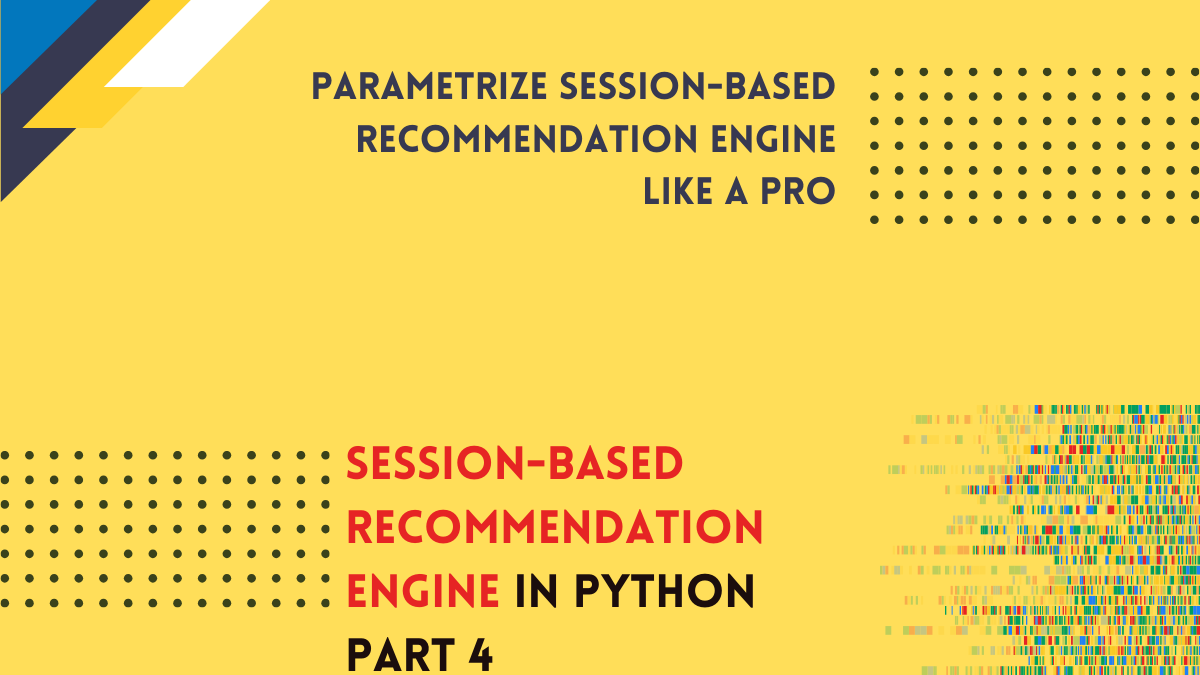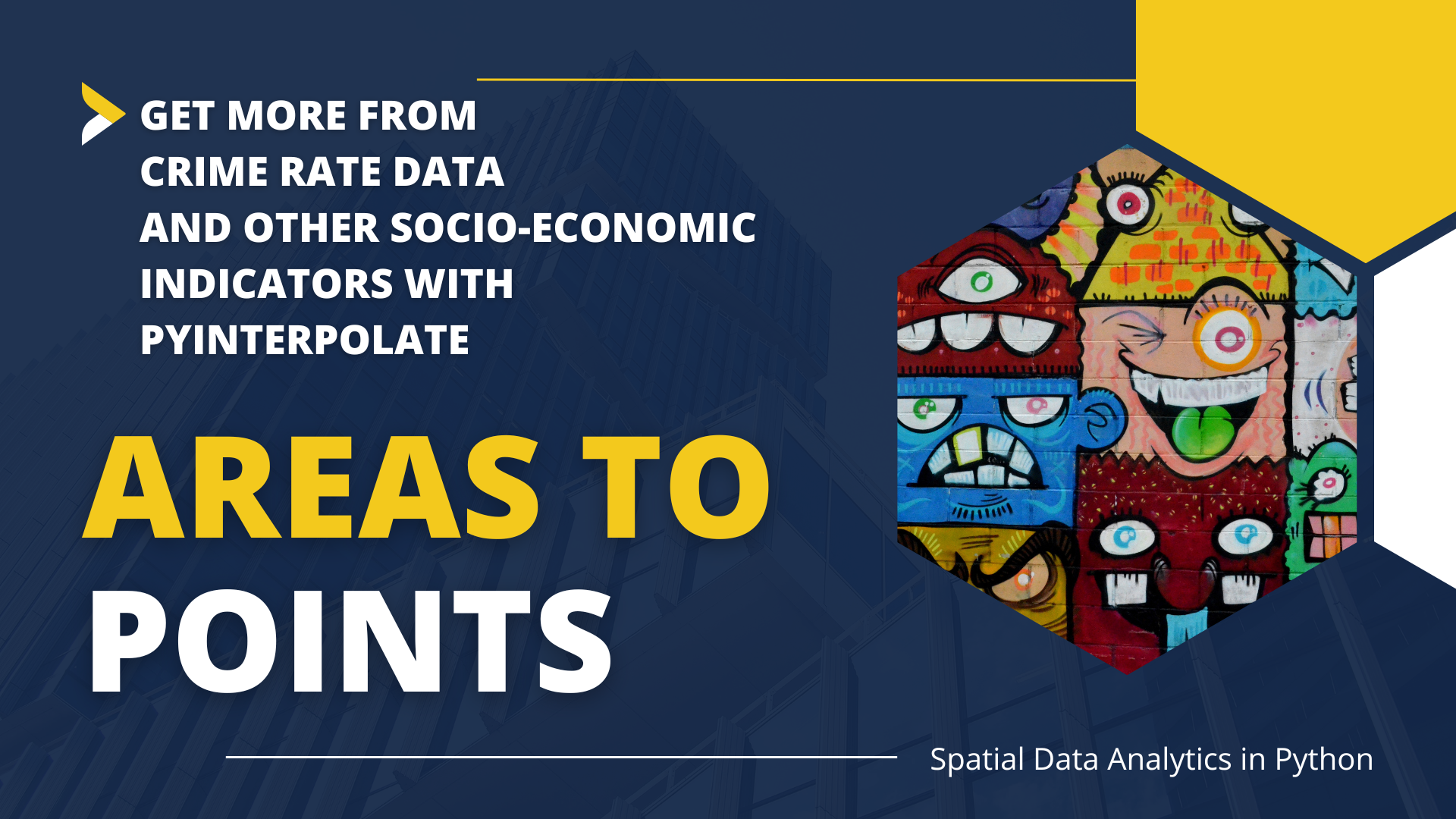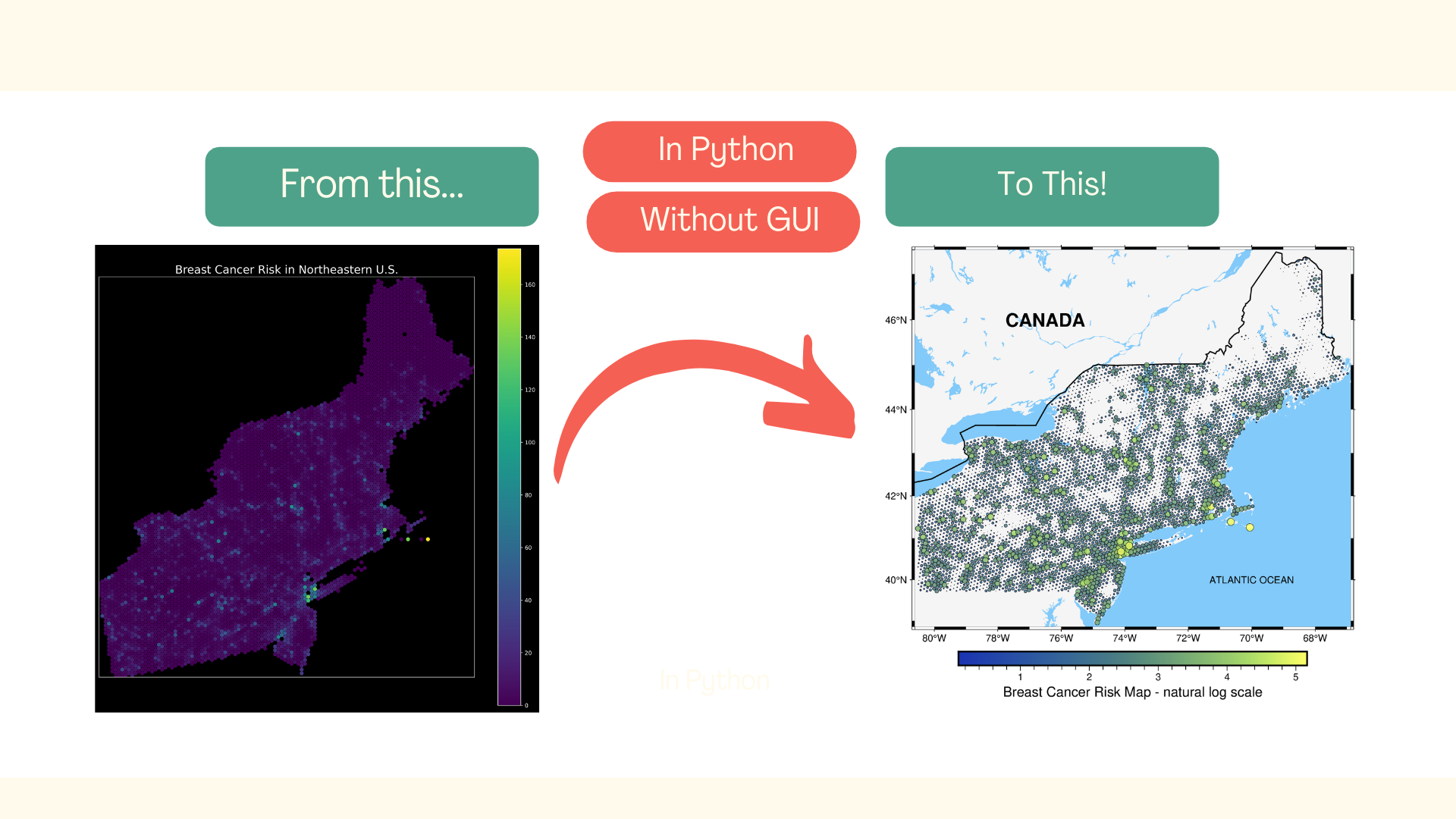
Personal Development: specialization or trends – perspective of the R&D project manager
At some point of our career we decide if we want to go with the tide or we rather make steps in a less crowded path. In reality it doesn’t matter as much as some people say. Why? Because both types of personal development paths have similar final weight of gains and trade-offs. I can show you this pattern in the specific context of Research and Development projects. (Warning: this context is special and final conclusions are valid only for this concrete case. Be critical.)
We will consider a hypothetical project where we create a smart hat for visually impaired people which reads for them text (as example approaching bus number) and warns them if there is a chance of collision with some fast moving object. We won’t dive into details and we keep job positions names simple but descriptive enough to show their differencies. For the research phase we need:
- Wearables specialists,
- Electronics engineer,
- Embedded systems developers,
- Deep Learning experts – min. 2 people: one specialized in object detection and other in Optical Character Recognition,
- Optician (medical expert),
- Designer.
Then for the development phase we need:
- DevOps,
- Business Analysts,
- Software Developers for system maintenance and optimization (maybe C++ or Rust devs?) and embedded developers,
- technicians, electronics,
As you may have noticed, the research phase is very specific and roles there are mostly specializations – people engaged in the research must develop working prototype and not system per se. On the contrary, roles of the development and go-to-market part of a project are rather general. Which phase is better in your opinion, from the employee perspective?
If you choose a research you must be aware that you’ll:
- (+) earn a lot per month,
- (+) challenge yourself,
- (+) learn many things,
- (-) stress and fear(!) because of unexpected problems,
- (-) have a lot of responsibility without clear path of what to do next,
- (-) probably end your contract soon after the end of research.
If you choose a development then you may expect:
- (+) clear path what to do,
- (+) long contracts (if product goes to the market),
- (+) stable team,
- (-) earn around mean for specific position,
- (-) at some point you don’t learn new things and job could be boring,
- (-) dependency on others.
When I plan a R&D project I look for the best from the best for the research phase and companies are able to pay them a lot. But those positions are temporary and those best people leave the company when the job is done, that’s why research is usually performed by scientists from technical universities which are secured by other jobs. When I prepare financial projections for the development phase I check median (or mean) wages on the market for non-critical positions because people there are hired for long-term cooperation.
But the thing is messier in reality.
Usually research phase positions are not trendy because they require competences in something which is not easily available on the market. This doesn’t mean that it shouldn’t require skills which are associated with the well-established technologies. Let’s consider electronics engineers. This is relatively old discipline but if you’re an electronics engineer there is high chance that you work in software development because they offer you better wages… It’s extremely hard to find senior embedded systems engineer on the market so the wages for those research positions are very high – but in the context of market in general the average wage is really small (we consider Polish market). So here’s a catch: you do something what you love (electronics) and it’s not trendy but there is a low chance that you’ll end with the interesting and well-paid job and probably you will end in some dead-end company.
You may change your mind and decide that you learn something about DevOps and leave career as an electronics engineer. You choose specialization in AWS and there is very high chance that you end in the well-paid job. Moreover, there are many positions for you and you choose your job. Is there a catch? Yes, there is. As this kind of engineer you are often excluded from the research phase and after some time projects became boring and not interesting.
This is one side of a coin. There are other examples with other trade-offs and gains between a domain-specific expert and people which are adapting to the market. It depends from your character, industry, country, culture… It is complex problem. The last thought:
- You can follow your heart AND pursuit trends.






